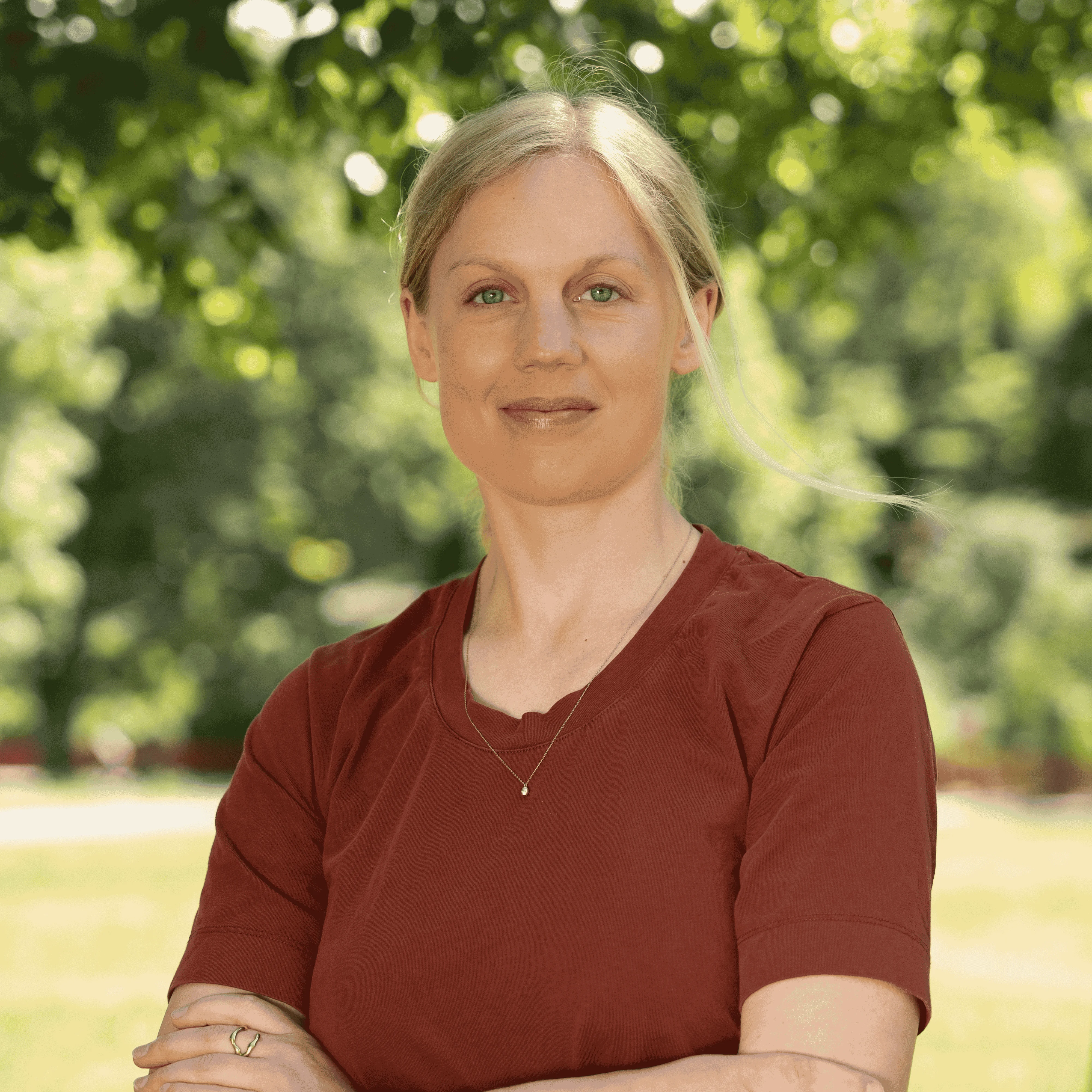
Switzerland introduces mandatory animal welfare label – will the EU follow?
Switzerland introduces mandatory animal welfare labeling to provide consumers with clearer information about whether animals have been subjected to certain types of suffering during rearing and slaughter. The labeling could guide the way for a European animal welfare label.
Starting July 1, Swiss consumers will receive clearer information about how animals in the animal industry have been treated. Animal-based foods in Switzerland must now be labeled with information whether any painful procedures have been performed on the animals without stunning or anesthesia. This applies to castration and dehorning of bulls and cows; castration, tail docking, and teeth clipping of pigs; beak trimming of chickens and hens; cutting of frog legs and force-feeding of geese and ducks in the production of foie gras. Force-feeding has been banned in Switzerland for more than 40 years, but the method is still legal in other countries. The new animal welfare label includes imported products and will thus have impact outside Switzerland as well.
All establishments selling food, including restaurants, small businesses, and retailers, will be required to use the new label, which will be introduced during a two-year transition period. According to the Swiss government, the animal welfare label will “increase transparency for consumers, enabling them to make informed purchases.”
Switzerland is also taking the opportunity to sharpen the rules for the import of fur and fur products. Stores and online retailers will now be required to prove that the fur products they offer comply with Swiss animal welfare standards.
Animal welfare labeling is lacking in Sweden and the EU
Sweden does not have any animal welfare labeling equivalent to the one in Switzerland. In other EU countries, different animal welfare labels have emerged over the last ten years from initiatives by the private, public, and non profit-sectors in Denmark, Germany, France, the Netherlands, Austria, Spain (and the United Kingdom). However, Switzerland's labeling stands out in that it is mandatory, while the others are voluntary for producers to use.
However, there is no EU-wide animal welfare label, with the exception of laying hens and fish, where labeling is mandatory to indicate the method of production. In the case of fish, this primarily intends to achieve ecological sustainability objectives and so is not directly concerned with animal welfare of the fishes.
At the same time, consumers are demanding clearer information about the welfare of animals. In a 2023 Eurobarometer, 60% of EU citizens said they would pay at least 5% extra to ensure that their products are animal-friendly. For Swedes, the corresponding figure was as high as 92%.
The European Commission began looking into the possibilities for a common animal welfare label as early as 2020, but the work has stalled. The hope now is that a proposal for mandatory animal welfare labeling will be included as part of the review of EU animal welfare legislation, which will hopefully be announced in 2026.
— There is a strong commitment for better animal welfare standards among Swedish and European citizens. Even though animal welfare labeling does not protect against all forms of suffering that animals endure, it is important to declare what the reality looks like in the factory farms — which gives citizens the opportunity to make more informed choices. Switzerland is showing the way for what mandatory animal welfare labeling could look like — now Project 1882 urges Swedish policymakers to push the EU to implement a mandatory and transparent animal welfare label, for the sake of the animals, says Benny Andersson, CEO of Project 1882.
Stay informed!
The animals need you now more than ever. Stay ahead with urgent updates you won’t want to miss and exclusive tips on how to make a real difference – straight from Project 1882. Sign up for our monthly newsletter today!
